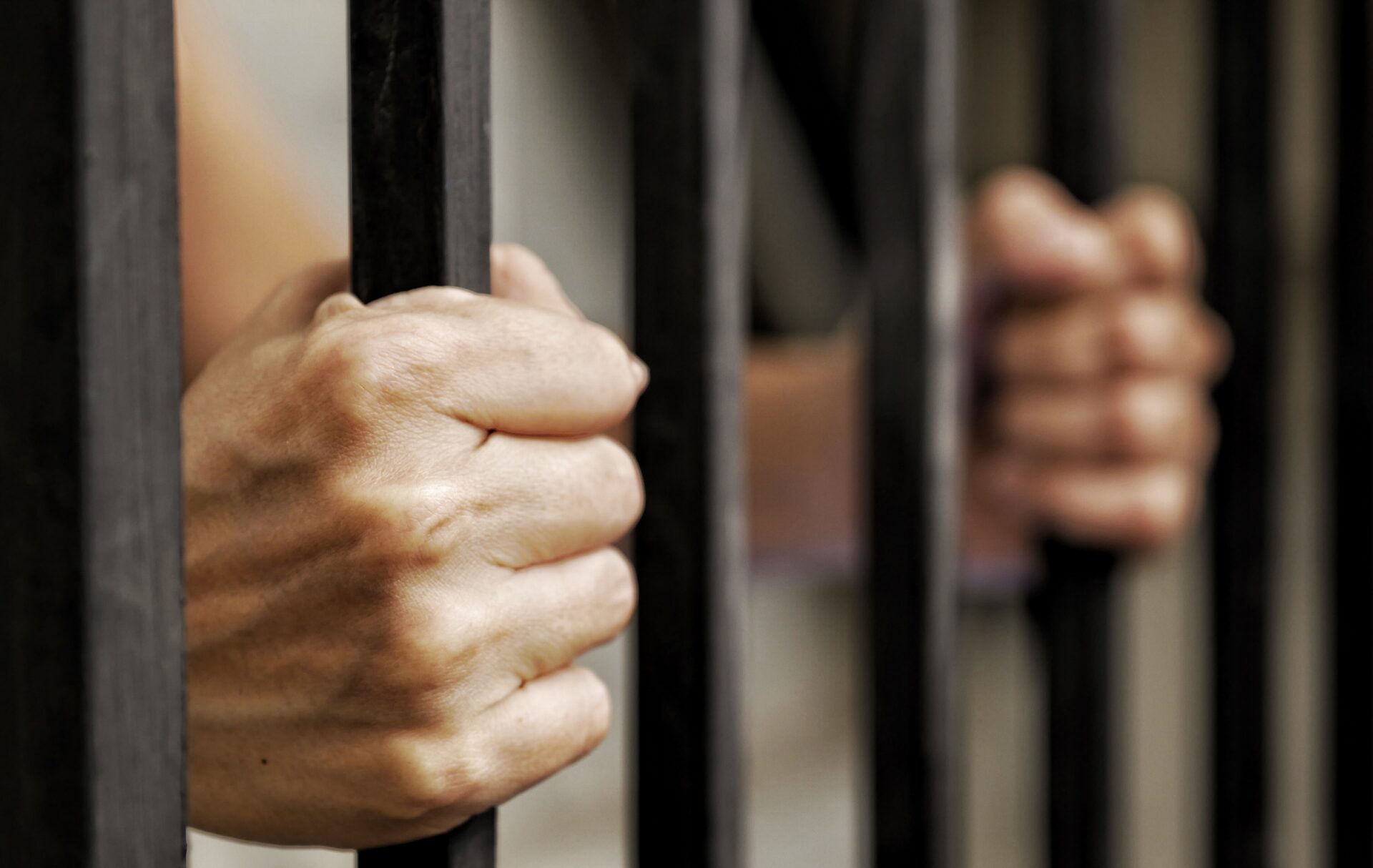The shocking revelation unfolds as accusations mount against the Israeli military for using human shields, raising profound legal and ethical implications.
At a Glance
- The Israeli military faces allegations of systematically using Palestinians as human shields in Gaza and the West Bank.
- International law prohibits this practice, yet reports suggest its normalization within Israeli military culture.
- Despite official bans, the ‘mosquito procedure’ allegedly persists, employing civilians in high-risk military operations.
- Investigations into these practices have often been criticized as ineffective or non-committal.
Rising Allegations of Human Shield Usage
Israeli military forces stand accused of employing Palestinians as human shields, particularly in volatile regions such as Gaza and the West Bank. These actions, in blatant disregard of international law and a national judicial decision, perpetuate egregious human rights violations. Despite bans and statements from the Israeli army claiming prohibition of such practices, testimonies from affected Palestinians and certain Israeli military personnel suggest otherwise. Reports highlight instances where civilians are coerced, often facing life-threatening consequences.
Evidence collected by human rights organizations and documented through social media shows a recurring pattern of human shield usage. This includes highly publicized methods, such as the “mosquito procedure,” where Palestinian detainees clear dangerous areas under duress. Al Jazeera’s Investigative Unit labeled these as potential war crimes, reinforcing the need for accountability at an international level.
Impact on Civilians and Legality
The normalization of using civilians during conflict places affected populations in immense psychological and physical peril. Ayman Abu Hamadan’s chilling account of being forced into potential death traps illustrates the dire stakes. “They beat me and told me: ‘You have no other option; do this or we’ll kill you,’” he recounted. Such experiences highlight not only the immediate danger faced by civilians but also the long-term psychological toll on communities enveloped in conflict zones.
Quote: “They beat me and told me: ‘You have no other option; do this or we’ll kill you,’” – Ayman Abu Hamadan.
Beyond individual trauma, the practice raises critical ethical issues within military ranks and global perceptions. Although international humanitarian law unequivocally bans such acts, the disparity between policy and practice erases trust and taints international relations. Reports of normalization from an Israeli officer suggest an ingrained approach: “Once this idea was initiated, it caught on like fire in a field.” Such admissions demand concerted efforts to reconcile these serious allegations with the pursuit of regional peace.
Critical International Responses
International bodies advocating for human rights have continuously called for stringent actions against any military’s use of human shields. However, documented investigations by the Israeli army frequently fall short, prompting criticism from human rights advocates. As Nicola Perugini stated, “Israeli army investigations have proven throughout the decades to be non-investigations.” This inadequacy in legal accountability underscores the persistent challenges to achieving justice and protecting civilian lives.
Quote: “Israeli army investigations have proven throughout the decades to be non-investigations” – Nicola Perugini.
Amidst global scrutiny, the continuation of human shield practices complicates peace-building efforts, endangering fragile international relations and heightening regional tensions. Strategic dialogues and robust enforcement of international humanitarian law remain essential in safeguarding human rights and fostering durable peace. Until significant measures are taken to address and rectify these practices, accusations will persist, tarnishing Israel’s military reputation.







